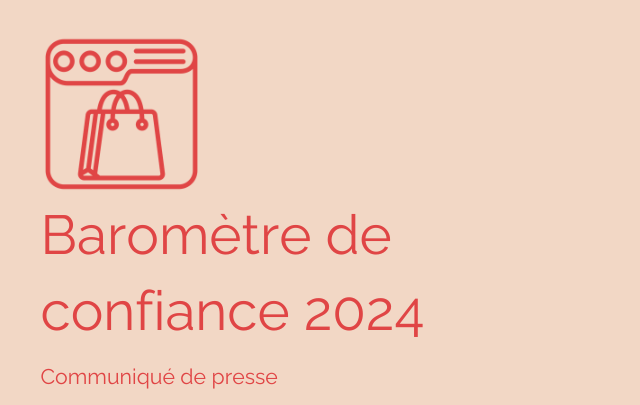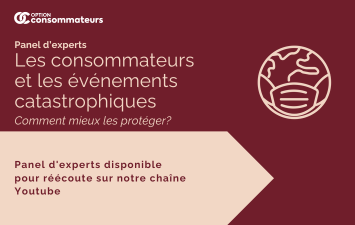

Option consommateurs takes advantage of World Day Against Elder Abuse to raise awareness of the various forms of elder abuse, and more specifically of emotional blackmail.
Option consommateurs We've put together this video to help you recognize and protect yourself from emotional blackmail.
What is elder abuse?
Abuse is defined as "a singular or repetitive action, or lack of appropriate action, intentional or unintentional [that] occurs in a relationship where there should be trust, and that causes harm or distress to an older person".
Being isolated and vulnerable increases the risk of abuse.
There are many forms of elder abuse:
- psychological abuse;
- physical abuse;
- sexual abuse;
- organizational abuse;
- material or financial abuse.
Financial abuse
Financial abuse is the illegal or unauthorized use of your money or property.
Financial abuse can be hard to spot. Here are some examples:
- your belongings are stolen;
- your debit or credit cards are used inappropriately;
- we refuse to give you the money we've borrowed;
- you're being overcharged for a service;
- we buy one of your goods at a price well below the going market price;
- money is extracted from you through emotional blackmail.
Emotional blackmail
Emotional blackmail can be perpetrated by someone close to you, such as your child, or by a third party, such as a stranger you meet in the park or on the Internet. These sometimes ill-intentioned individuals can take advantage of your vulnerability to demand gifts or money.
To do this, they manipulate you or play on your fear and guilt. Some may even threaten you to get what they want.
How can I protect myself?
Financial abuse and emotional blackmail are serious phenomena that can have serious consequences for the victim. It can, for example, lead to significant economic losses, anxiety or feelings of shame.
Here are some useful tips to help you protect yourself:
- Never give gifts or send money to people you hardly know, especially if you've never met them;
- Don't give in to pressure and manipulation, whatever the reasons;
- Never give out your banking or personal information;
- Talk about your situation and seek advice from people you trust.
Are you a victim of abuse?
It's often difficult to take action when you're the victim of financial abuse or emotional blackmail. The situation is all the more delicate when the acts are perpetrated by someone you trust. Nevertheless, if you are being abused or suspect someone close to you (family member, friend, neighbor) is being abused, it's essential to take action. Here's how:
- Talk to someone you trust
- Call the Elder Abuse Help Line at 1-888-489-2287;
- Contact the Center d'aide aux victimes d'actes criminels at 1 866 532 2822;
- Contact the Commission des droits de la personne et des droits de la jeunesse at 1 800 361 6477;
- Report the situation to the police.
For more information, consult our Your finances in complete safety" guide or contact ourlegal information line dedicated to seniors at 514-598-0620 ext. 4338.
This information capsule has been made possible thanks to the financial support of the Quebec government under the "Québec ami des aînés" program of the Ministère de la Santé et des Services sociaux du Québec.






